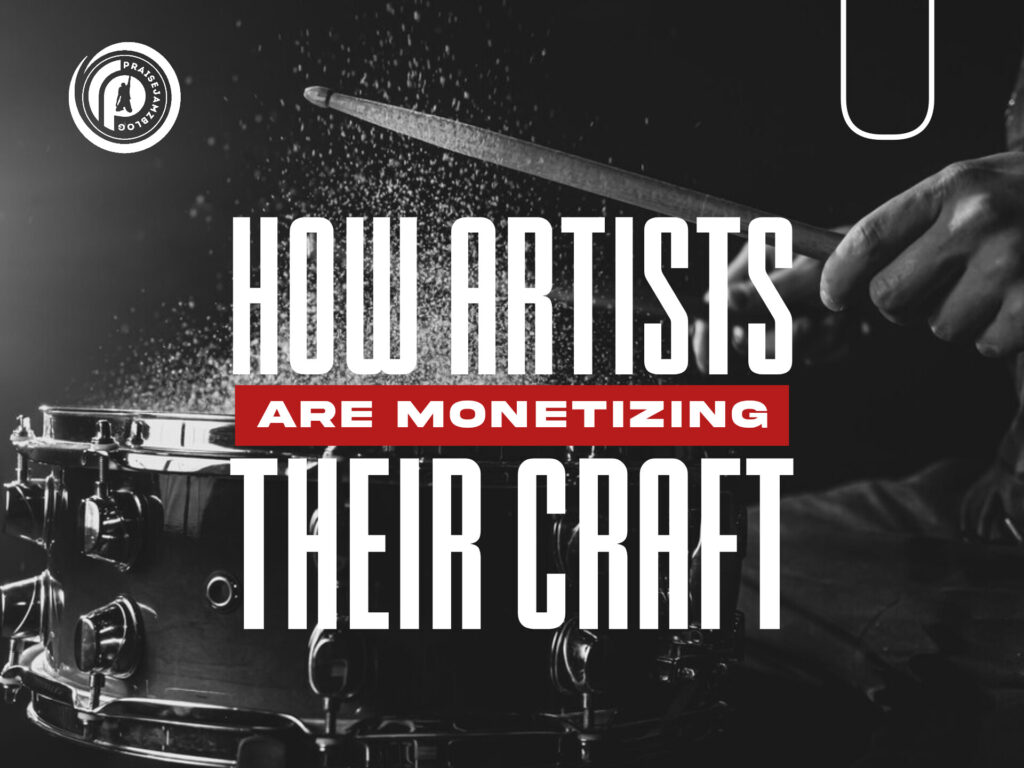
Gospel music has long been a source of inspiration and comfort for many around the world, but it’s also a thriving industry with artists finding innovative ways to monetize their craft. In this article, Elijah Joseph Omu of Praisejamzblog explore how gospel artists are turning their passion for music into profitable businesses.
1) Music Sales: One of the most traditional ways for gospel artists to monetize their music is through album sales. Physical CDs may be less common now, but digital downloads and streaming services provide new avenues for artists to sell their music.
2) Streaming Revenue: With the rise of streaming platforms like Spotify, Apple Music, and YouTube Music, gospel artists can earn revenue each time their songs are streamed. While the payouts per stream may be small, they can add up, especially for popular artists with a large fan base.
3) Merchandise Sales: Many gospel artists sell merchandise such as t-shirts, hats, and posters featuring their branding and artwork. These items not only generate revenue but also serve as a form of promotion for the artist.
4) Concerts and Tours: Live performances are a significant source of income for gospel artists. Concerts, tours, and music festivals allow artists to connect with fans and showcase their talent while earning money from ticket sales and merchandise.
5) Licensing and Sync Deals: Gospel music is often used in films, TV shows, commercials, and other media. Artists can earn revenue through licensing agreements and sync deals, where their music is synchronized with visual content.
6) Publishing Royalties: Gospel artists can earn royalties from the public performance of their music. This includes radio airplay, live performances, and streaming on platforms like YouTube.
7) Songwriting and Production: Some gospel artists earn income by writing songs for other artists or producing music for other projects. This can be a lucrative way to monetize their skills and creativity.
8) YouTube and Social Media: Platforms like YouTube, Instagram, and Facebook offer opportunities for gospel artists to monetize their content through advertising, sponsorships, and fan donations.
9) Crowdfunding: Crowdfunding platforms like Kickstarter and Patreon allow fans to support their favorite gospel artists directly. Artists can offer exclusive content or rewards in exchange for financial contributions.
10) Music Licensing for Churches: Many gospel artists license their music to churches for use in worship services. This can be a steady source of income, especially for artists whose music resonates with churchgoers.o
Gospel music is not just a form of expression but also a thriving business for many artists. By leveraging various revenue streams such as music sales, streaming, merchandise, concerts, and licensing deals, gospel artists can monetize their craft and continue to inspire audiences around the world.
Author: Elijah Joseph Omu of Praisejamzblog.




